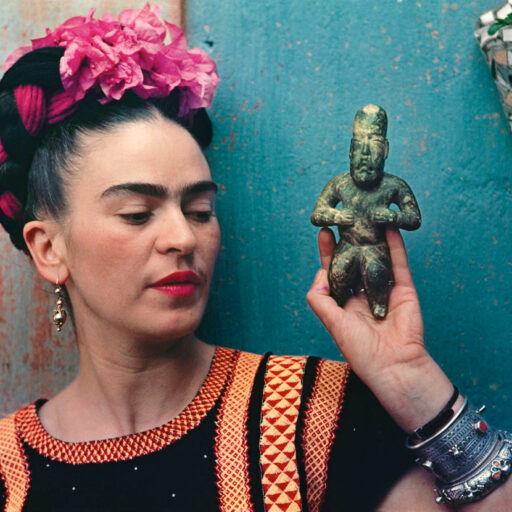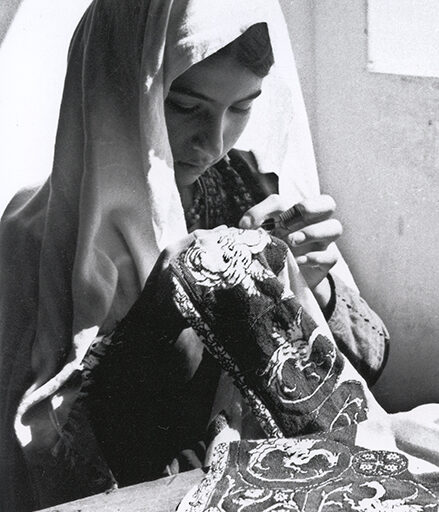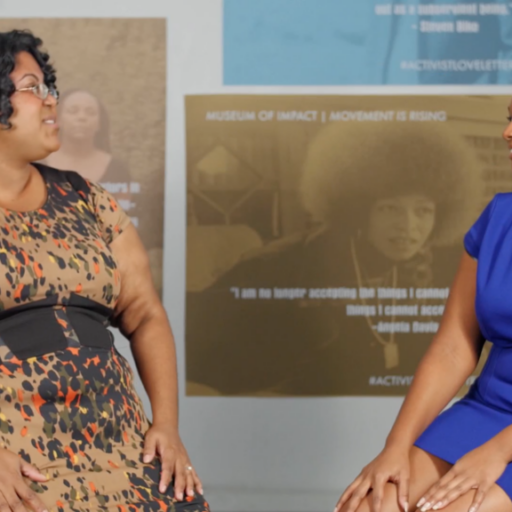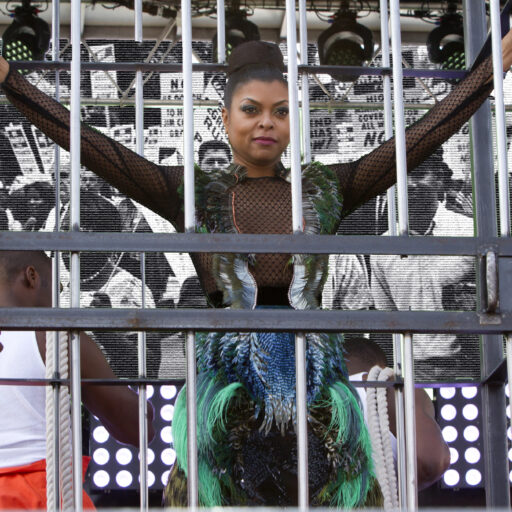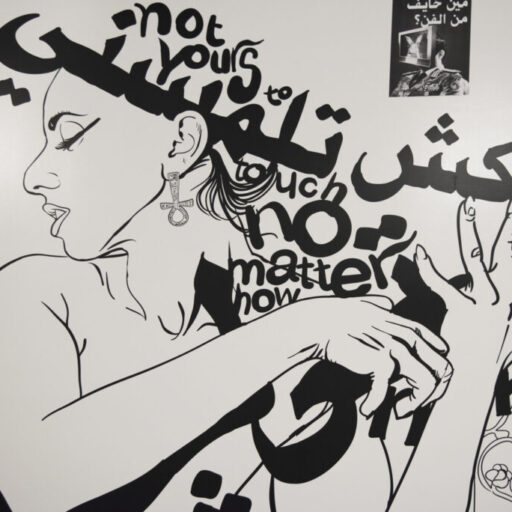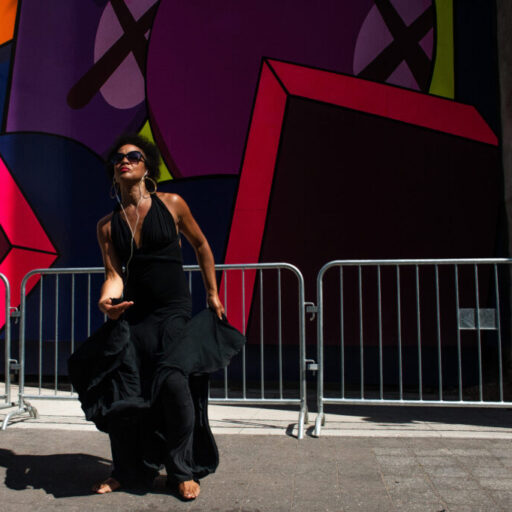Spring is creeping forward slowly on the East Coast. A stealthy seasonal cold took most of my household down. Laid out for weeks, I thought about the image of wellness. On Instagram, we recognize it as a slender white woman doing headstands on a beach, or a perfectly framed matcha latte. In real life, it feels like avoiding a steady diet of coffee and candy is enough.
This month, my vision of radical healing tends toward the Brooklyn Museum. Frida Kahlo’s iconic portraiture is on display, but the show’s real value is in her composite strength. Her braces, liniments, and clothing show all of the supports that made her studio practice possible. Her life was visited by pain, illness, and trauma. But her work reveals the courage evolving from her circumstances. Spring is a time when growth peeks out from every crack in the pavement. We celebrate renewal with religious observances like Easter or Passover. The more secular ring in the season with the return of brunch.
It’s a comfort to remember that wellness is not the absence of trauma, but the embrace of resilience. I asked Catherine Morris, Sackler Senior Curator at the Brooklyn Museum, how Kahlo’s physicality framed this exhibition:
“Kahlo’s own lived experience with disability is fully present in her art. One of the most remarkable things about her, to me, is the way that she was who she was. And I think it’s a really important conversation to reframe disability in relationship to Kahlo away from the narratives that you primarily see about brokenness, about fragility. I think that Frida Kahlo must certainly have been one of the strongest people going to do what she did.
This current disability theorizing frames disability in relationship to the problems that normative people have with disabled bodies. I do not think, as is often portrayed, that Kahlo was trying to hide her disability with the clothing she wore. She was clearly very intent on making her presence known, her physical self part of the world, taking up space.”
Frida Kahlo: Appearances Can Be Deceiving is on view from February 8–May 12, 2019 at the Brooklyn Museum.
Photo credit: Nickolas Muray, Frida with Idol, 1939. Courtesy of Nickolas Muray Photo Archives.
